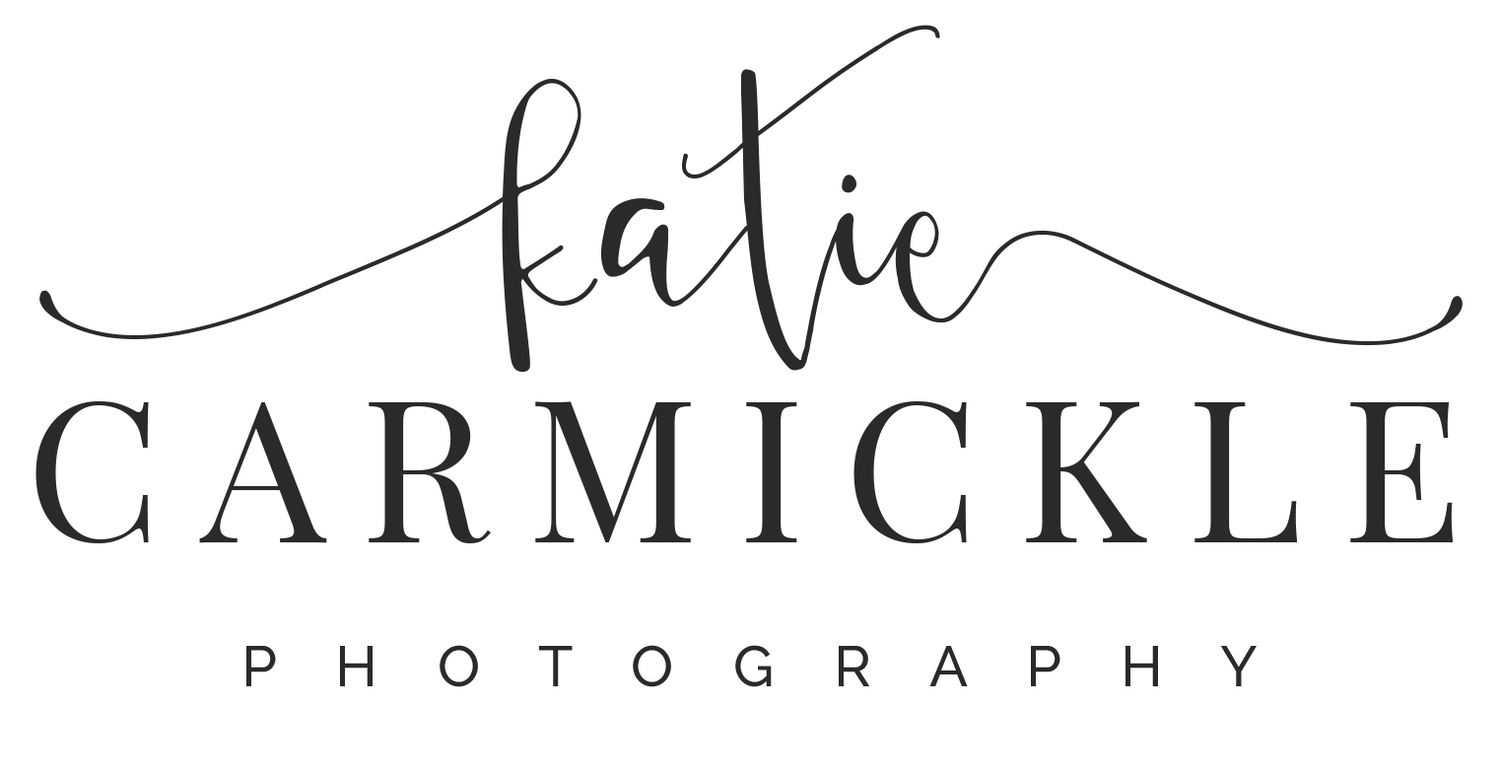Ask Lindsay! All about Vaccines and Dental Care.
Welcome to my second installment of “Ask Lindsay,” a series of articles based on questions you’ve submitted for veterinary technician, Lindsay Hirt.
How many vaccines does my dog really need if they stay home all the time, are always supervised, don’t go to dog parks, day care, or boarding?
“Oh, this is a great question, and honestly, a bit of a hot topic.
But let's start with the facts: rabies is non-negotiable. Every state requires it by law. The first shot lasts a year, and then it’s every three years after that. It’s not up for debate unless your dog has a severe medical condition that a vet has documented.
Now, outside of rabies, we’ve got the core vaccines, like distemper combo. That’s the one people sometimes mix up and think it has something to do with their dog’s personality—it doesn’t. It protects against some really nasty diseases, including parvo, which can be deadly. If your dog ever sets a paw outside, has dog friends, or even just lives in an area with wildlife, this is a must-have.
Then we get into lifestyle and regional vaccines. If your dog is basically a couch potato, doesn't go to a groomer, never leaves the house, uses a pee pad, and doesn’t mingle with other pets, they probably don’t need things like Bordetella or canine flu.
But if you live somewhere like New England, where leptospirosis and Lyme disease are common, your vet might still recommend those, even for lower-risk dogs. I highly recommend the Lyme disease vaccination for any dog that goes outside in addition to a monthly preventative medication. Getting a Lyme vaccine could significantly reduce the chance of developing complicated side effects, such as kidney failure. At the end of the day, your vet isn’t trying to upsell you—vaccines are based on your dog’s actual exposure risk. Talk to them, and they’ll help you figure out what makes sense.”
What about those powders for teeth? Are there products we can use that substitute teeth brushing?
“Dental care is so important. Because our dogs are living longer, we’re now seeing more dental disease. A lot of dogs end up with wiggly teeth, infections, or even extractions just because plaque turned into hard calculus and got under the gumline.
The recommendation is always going to be brushing every day, but if your dog can't tolerate it, I always tell people that something is better than nothing. Chewing is a great way to help prevent buildup, and I swear by a little trick—after my dog eats, we play five minutes of tug with a toy. It basically flosses her teeth! Other great options are Himalayan yak chews, split deer antlers (for the strong chewers—sorry, Chihuahuas), and bully sticks. Just be careful with calorie-heavy dental treats—some of them are like giving your dog a daily candy bar.
Water additives and powders are a last-resort option. Some are decent, but you’ve got to use them consistently, and dogs can be picky about the taste. If you go this route, make sure your vet gives the green light and recommends a brand that actually works. There are way too many gimmicky products out there that cost a fortune and do absolutely nothing.
And here's a key point—if your dog’s teeth are already covered in that hard, cement-like calculus, no chew or additive will fix it. The only way to remove it is with a proper dental cleaning under anesthesia. But once their teeth are clean, keeping up with at-home care will make a huge difference in preventing future problems.”
Thank you, Lindsay!
Veterinary Technician Lindsay Hirt with her dog, Sunny.
Lindsay Hirt has 20 years of experience working in the veterinary medicine field. She earned her B.A. in biology at the University of Maine at Machias and her M.S. in Emergency Management from Massachusetts Maritime Academy. She has taken graduate level courses at Bridgewater State University and Ross University School of Veterinary Medicine and has her teaching certification for the state of Massachusetts.
Her work has included program management, consultation, and course development for animal care and conservation sciences. She is currently the technician supervisor at Leach Animal Hospital in Mashpee, Massachusetts.
Got any burning pet health questions? Drop them in the comments—Lindsay loves a good Q&A!







